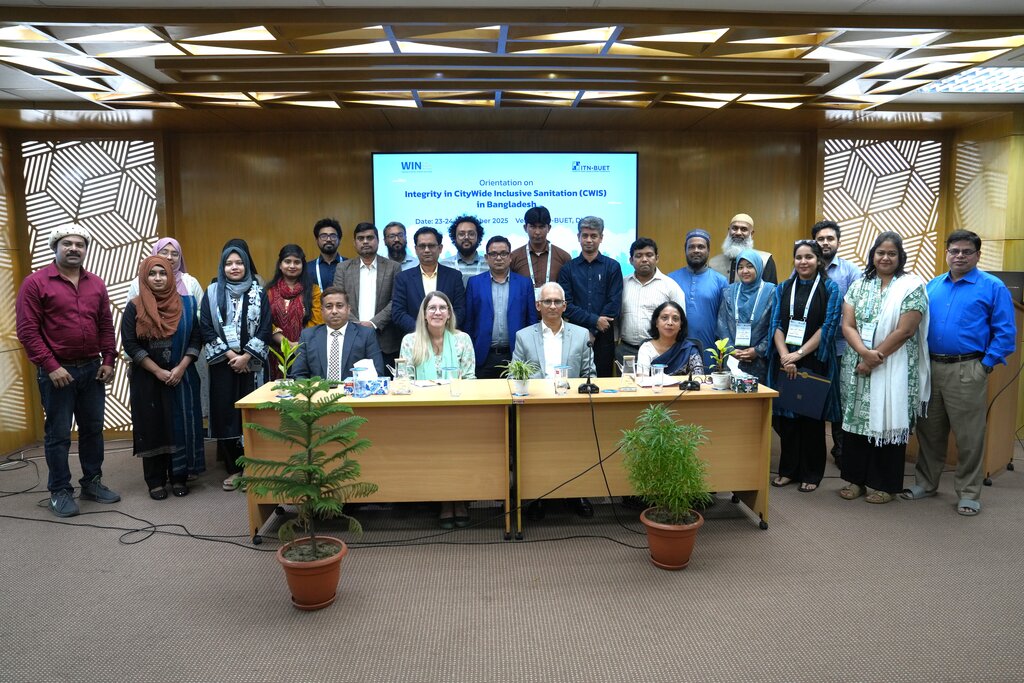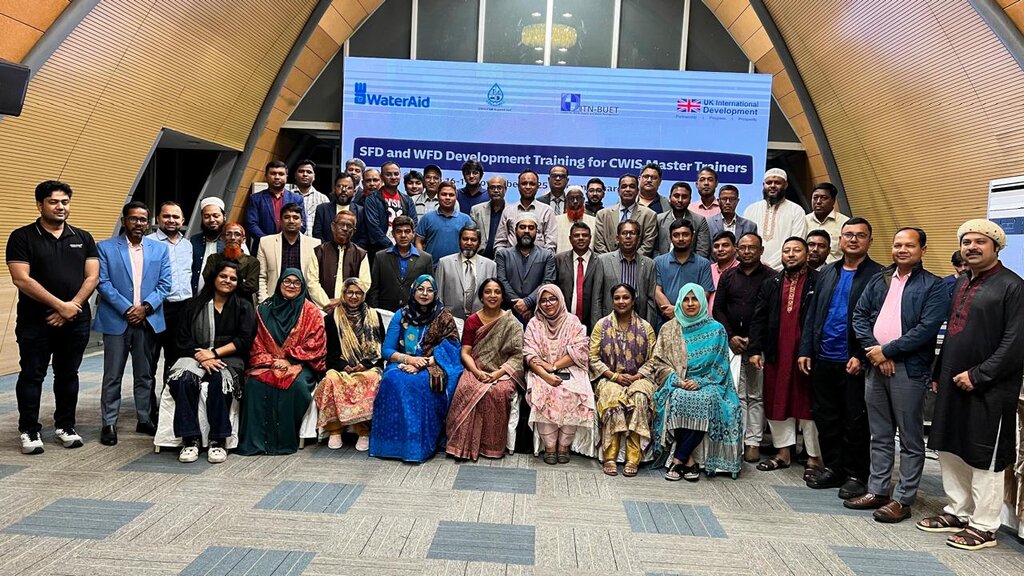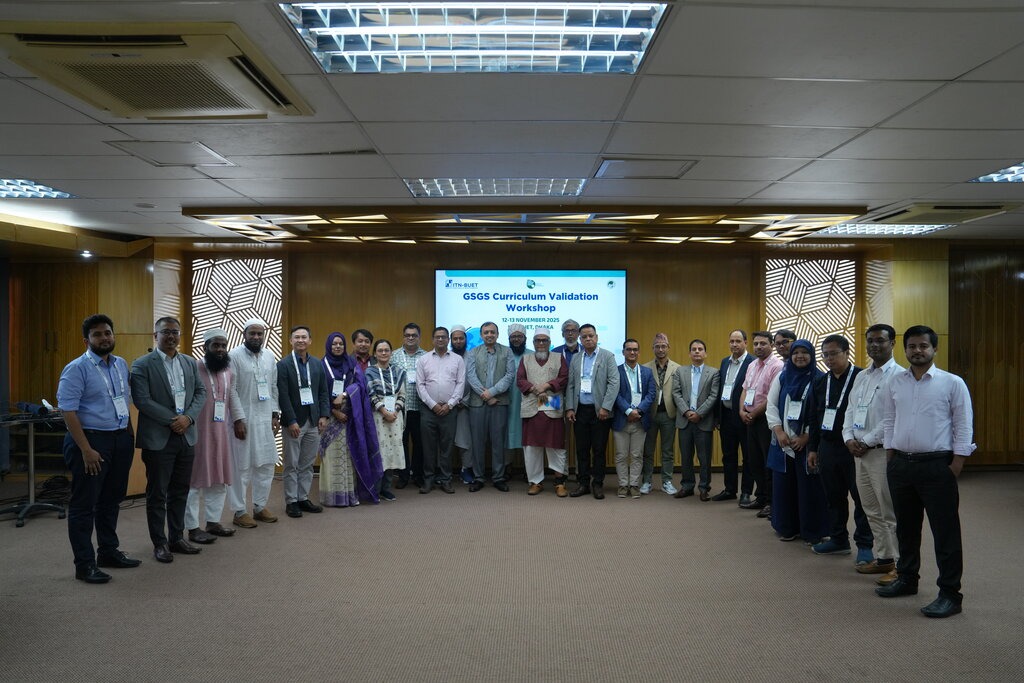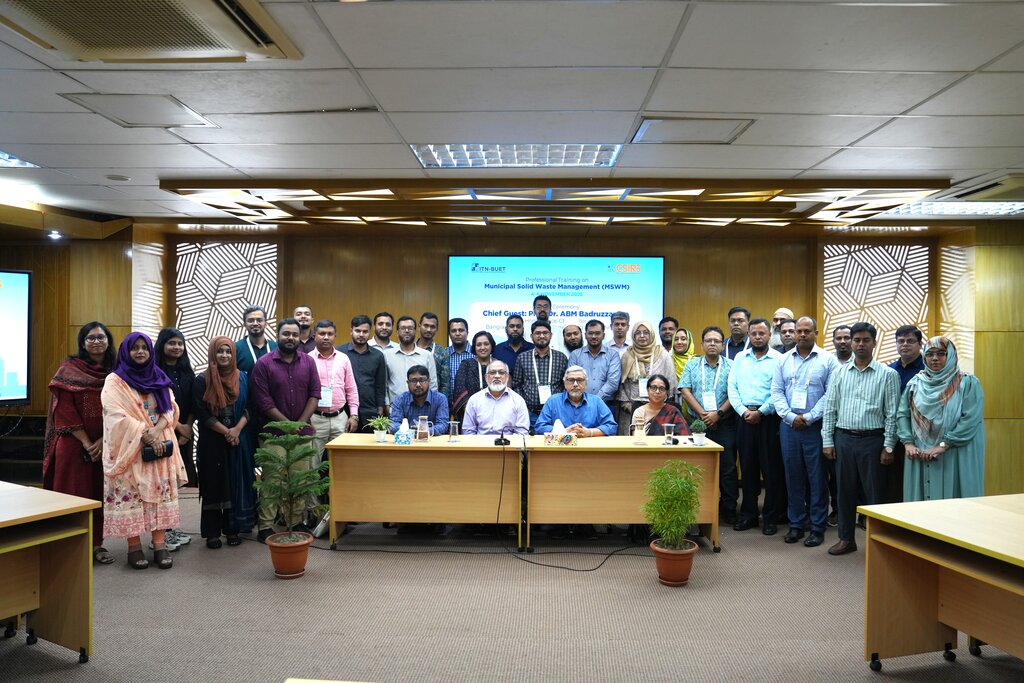The 10th International Conference on Engineering for Waste and Biomass Valorisation, known as WasteEng2024, took place from 20-23 August 2024, at Tohoku University’s Kawauchi Campus in Sendai, Japan. Marking two decades of progress, the event showcased the latest advancements in waste and biomass valorization, contributing to a more sustainable global transition.
The conference attracted 305 participants from 43 countries, with researchers presenting their work across 94 sessions. About one-third of the attendees were students, reflecting the conference’s commitment to fostering the next generation of scientists and innovators.
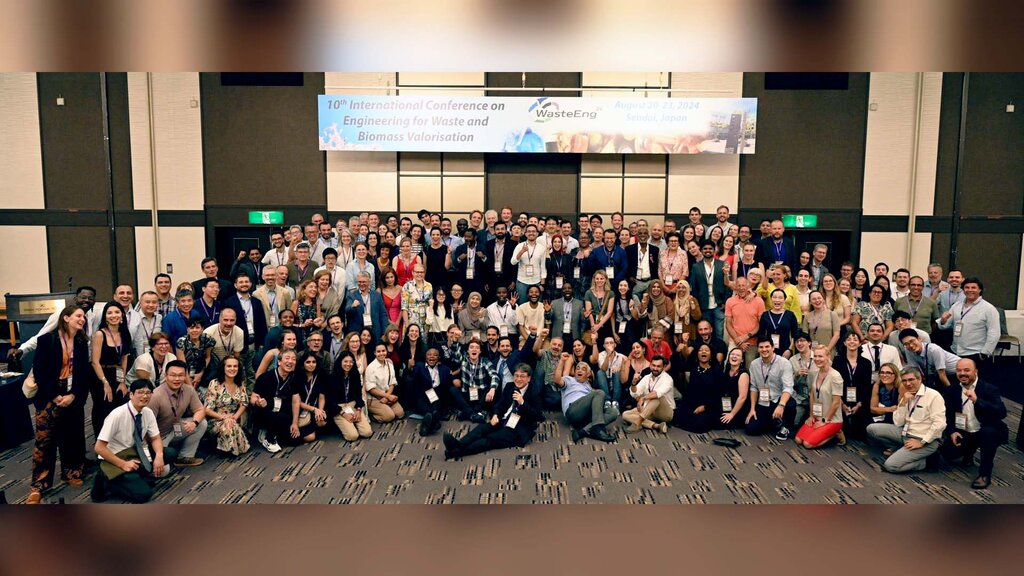
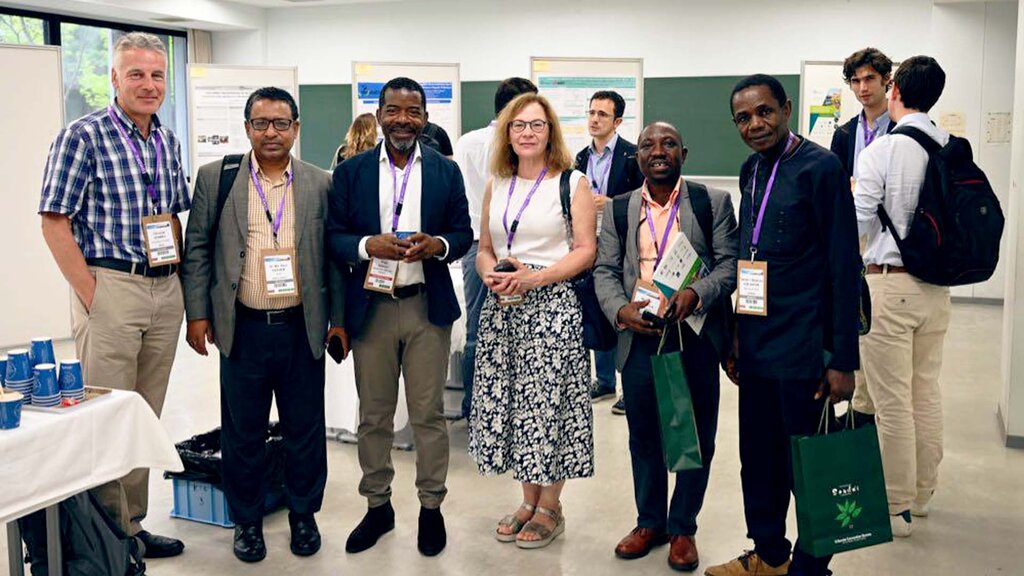
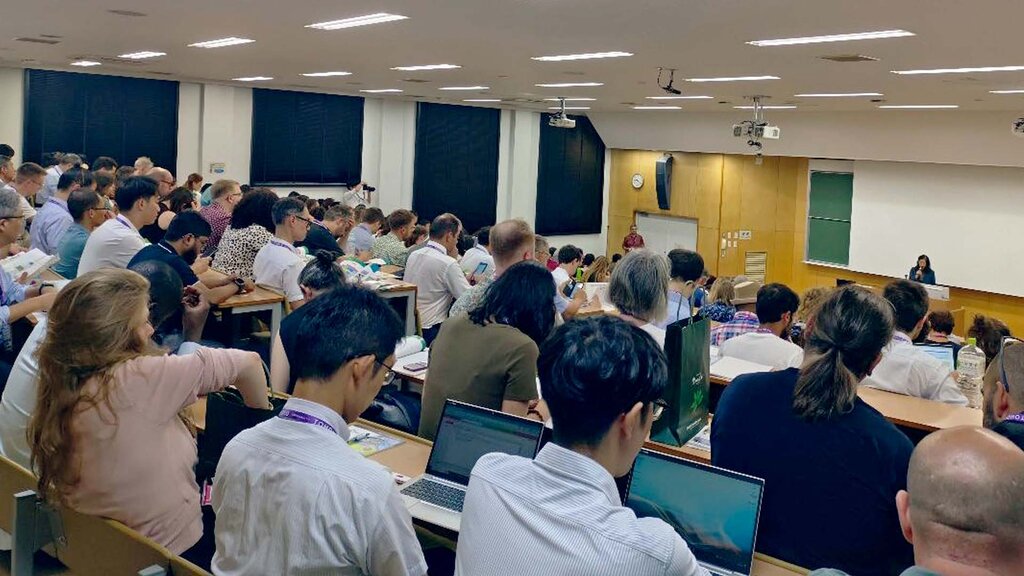
Discussions of the conference centered around nine key themes, including the utilization of resources and feedstock, the conversion of waste plastics into chemicals, and the transformation of biomass and waste into energy, fuels, and chemicals through both biochemical and thermochemical processes. The event also explored CO2-to-fuel conversion technologies, sustainable materials for civil engineering derived from waste, and methods for mitigating emissions and residues. Additionally, attention was given to energy storage solutions, zero-emission energy systems, and the integration of economic, environmental, and social benefits through the circular economy.
At the WasteEng2024 conference, research from ITN-BUET was also presented under the theme ‘Biomass and Waste to Energy, Fuels, and Chemicals using Biochemical and Chemical Routes’. Dr. Md. Abul Hashem, Professor of the Leather Engineering Department at the Khulna University of Engineering & Technology presented the findings of ITN-BUET research on ‘Co-composting of fecal sludge in combination tannery hair burning liming sludge: a novel approach’.
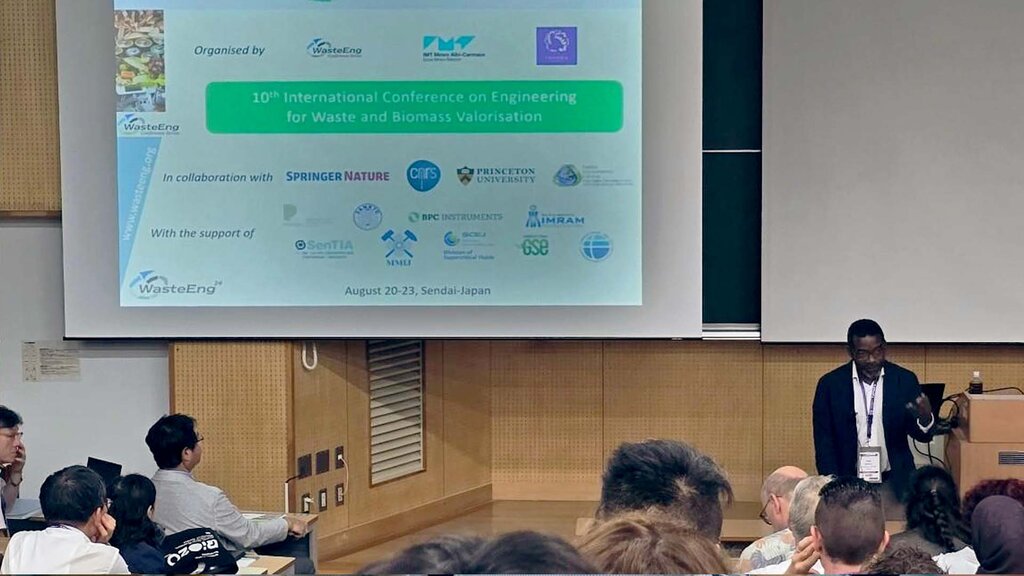
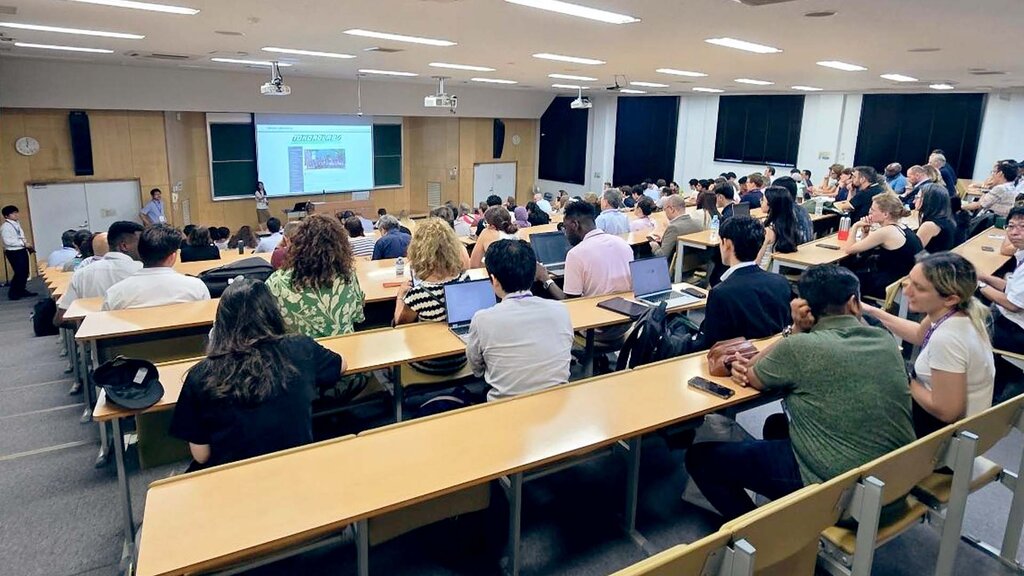
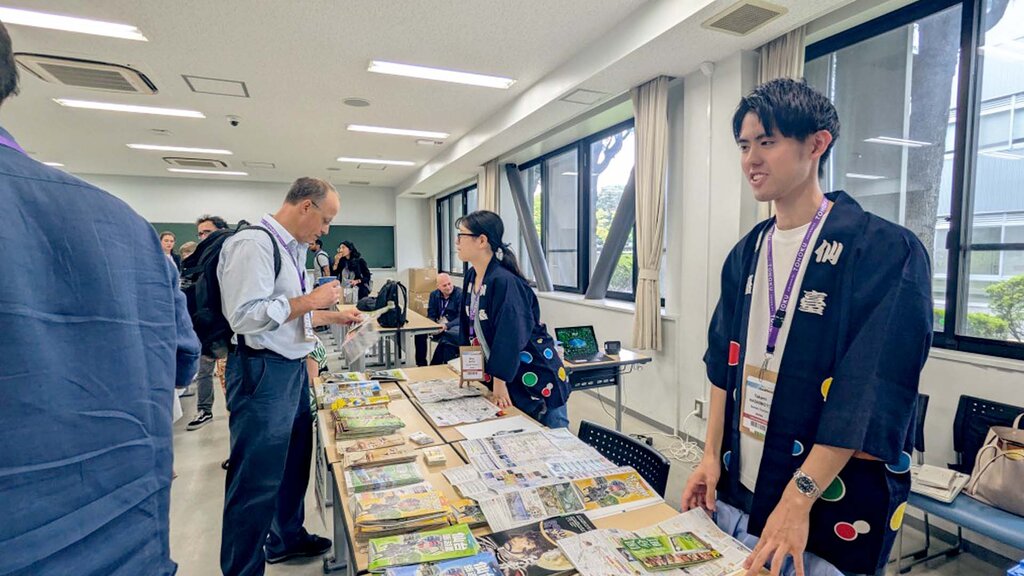
The study explored the co-composting of fecal sludge mixed intermittently with tannery liming sludge in various proportions. The process involved a 120-day aerobic composting method, which effectively broke down organic matter. Nutritional and heavy metal analyses of the resulting compost indicated its suitability for agricultural use, with bacteriological tests confirming a significant reduction in pathogens. Seed germination tests further validated the compost’s effectiveness, underscoring its potential as a nutrient-rich soil amendment.
This research presents a sustainable solution for reducing solid waste by converting fecal sludge and tannery waste into valuable compost. The findings were met with enthusiasm from the audience and the Session Chair, who commended Dr. Md. Abul Hashem and his team for their innovative and practical approach to waste management. Attendees of the WasteEng2024 conference expressed their gratitude for the team’s contributions to the field and encouraged them to continue their impactful work, which is poised to pave the way for future research in sustainable waste management.


